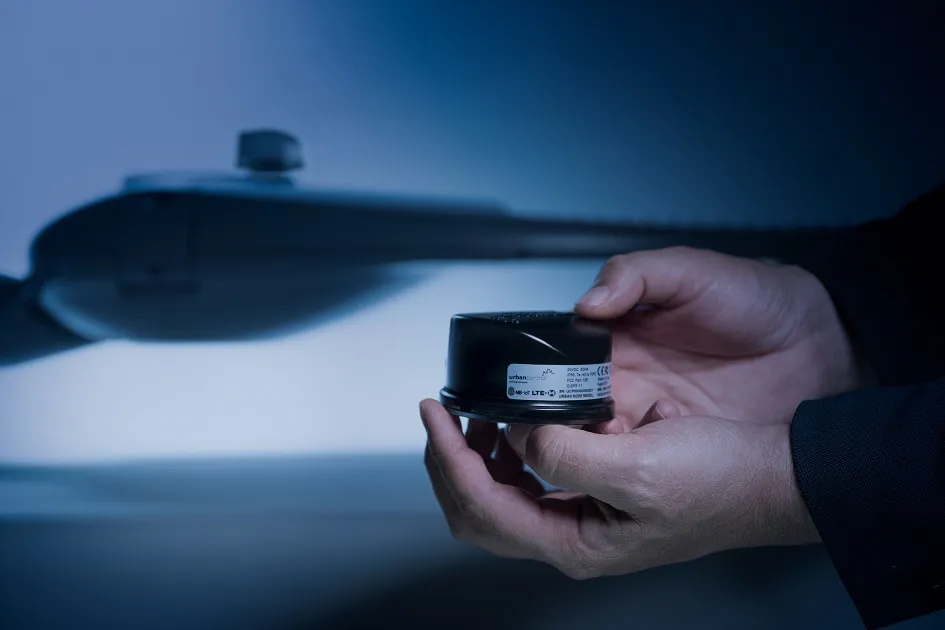Volkswagen’s latest efficiency technology, a cylinder shut-off system, will launch in the new 1.4-litre TSI engine from the start of 2012. The company claims it is the first manufacturer in the world to implement cylinder shut-off on a four-cylinder TSI engine in high-volume production. Fuel consumption is significantly reduced by temporarily shutting off two of the four cylinders under low to medium loads. Cylinder shut-off is active whenever the engine speed of the 1.4-litre TSI is between 1,400 and 4,000
June 22, 2012
Read time: 1 min
Fuel consumption is significantly reduced by temporarily shutting off two of the four cylinders under low to medium loads.








